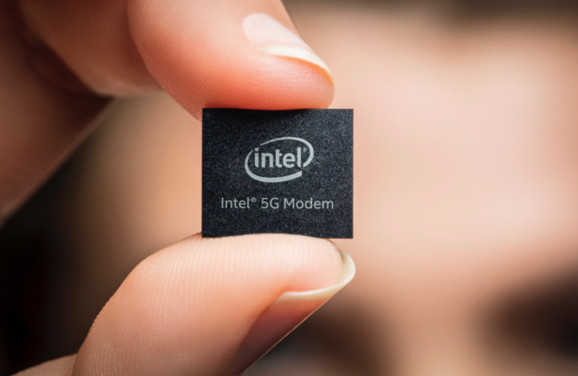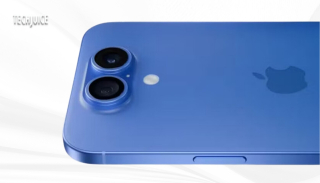Apple is finally expected to join the 5G revolution, taking advantage of the next generation cellular technology but not too soon. According to recent reports, the Cupertino giant’s flagship phone will come with a 5G supported chip, not before 2020. This is surprising since Apple’s biggest rival Samsung is expected to launch its next flagship i.e. S10 with 5G support in 2019.
According to Fast Company, Apple is planning to use the 8161 with a testing 8060 chip, manufactured by Intel. The 8060-chip will be used as a prototype to test iPhone’s 5G compatibility. The 8161-chip manufactured by Intel is expected to be fabricated using Intel’s 10-nanometer process for better speed and efficiency. The chip was expected to arrive earlier, however, Intel received some setbacks during its production of the 10nm fabrication process, which led to an exaggerated delay. However, the interim CEO of Intel, Bob Swan last month said that they have achieved progress towards the mass production of the chip but the chip will no be ready before 2019.
Apple’s tussle with Qualcomm
For the foreseeable future, Intel is expected to remain Apple’s sole chip supplier, however, numerous reports have claimed that Apple’s executives have been unhappy with Intel’s work in recent times especially regarding the heat dissipation problems the 5G chips. Despite its displeasure with Intel, Apple has shown no signs of considering to reopen its contract with Qualcomm regarding the supply of 5G modems for the iPhone models, this is due to the fact that, Apple’s former chip manufacturer Qualcomm recently sued Apple for stealing its 5G technology and providing it to Intel. This tussle also explains the reason why Apple will be one year late in adopting the 5G technology compared to other companies. Since Qualcomm has already manufactured 5G enabled chips and several Android manufacturers have been rumored to equip their next flagships with Qualcomm’s 5G technology, the most notable of which is Samsung’s Galaxy S10.
Historically, Apple has been slow in adopting the latest cutting-edge cellular technologies in their phones. This was evident from many Internet speed tests that took place between Note 9 and iPhone X, where the iPhone X lost miserably. Similarly, the first iPhone that was released in 2007 was launched without a support for the then-cutting-edge 3G standard technology, while the 4G LTE arrived in the iPhones as late as in 2012 with the launch of iPhone 5.












